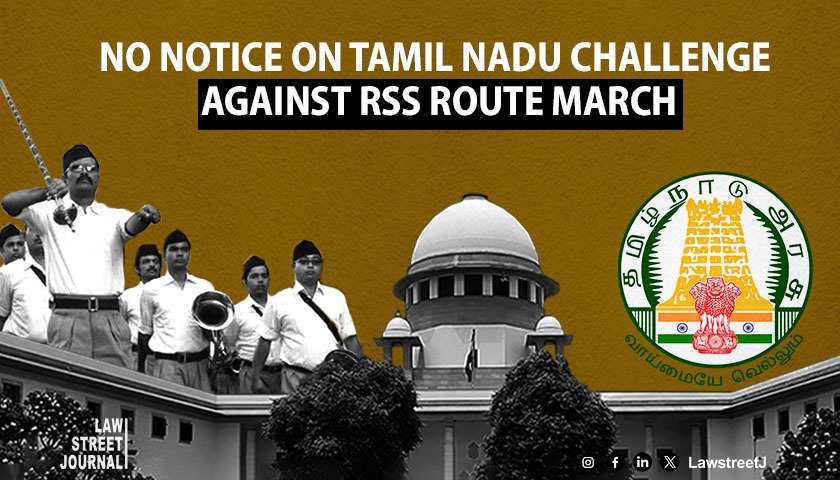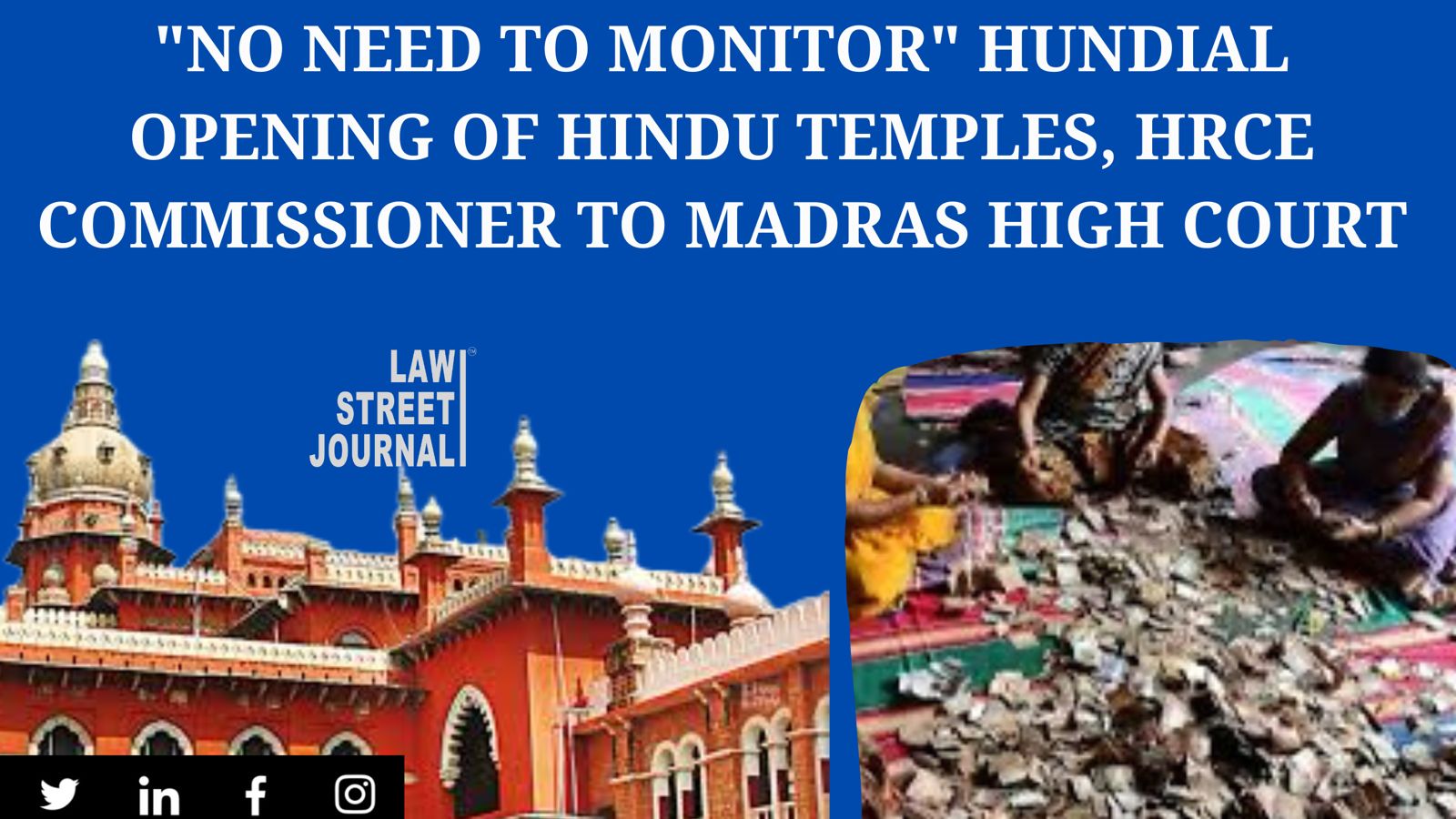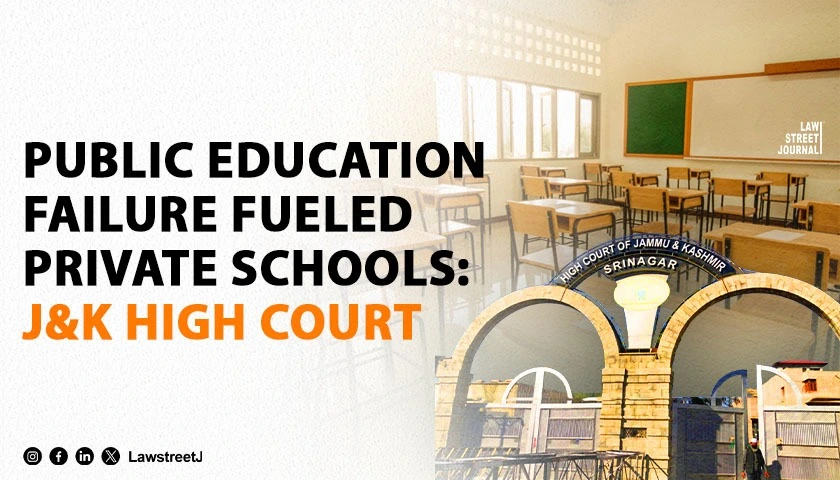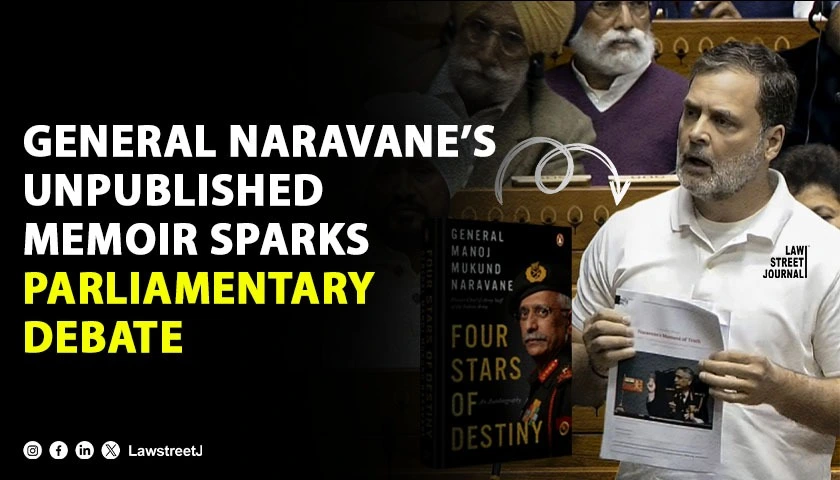NEW DELHI: The Supreme Court has held that if the alleged abuse under the SC/ST Act takes place within the four corners of the wall where members of the public are not present, then it cannot be said that it has taken place at a place within public view, essential for making out the offence.
SC/ST Act: Supreme Court Clarifies ‘Public View’ Requirement for Offence
A bench of Justices B R Gavai and Augustine George Masih quashed the criminal proceedings against Karuppudayar, who allegedly abused a revenue inspector at Trichy by his caste when the accused went to the complainant's office to know the status of the application filed his father.
The bench said, for an offence under Section 3(1)(s) of the SC/ST Act, it will be necessary that the accused has abused any member of a Scheduled Caste or a Scheduled Tribe by caste name in any place within public view.
SC Quashes Caste Abuse Case, Says Private Office Not a Public Place
"For a place to be ‘within public view’, it should be open where the members of the public can witness or hear the utterance made by the accused to the victim," the bench said.
In the case, it was alleged when the complainant was in his office the accused came there, inquired with the complainant. Upon not being satisfied, he started abusing the inspector in the name of his caste; and insulted him. Thereafter, three colleagues of the complainant came there, pacified the accused and took him away, the bench noted.
Perusing the FIR lodged on September 2, 2021, the bench said, the incident has taken place within the four corners of the chambers of the complainant. The other colleagues of the complainant arrived at the scene after the occurrence of the incident.
"We are, therefore, of the considered view that since the incident has not taken place at a place which can be termed to be a place within public view, the offence would not come under the provisions of either Section 3(1)(r) or Section 3(1)(s) of the SC-ST Act," the bench said.
The bench allowed the appeal against the Madras High Court's order of February 28, 2024 which refuses to quash the proceedings in the case.
It noted the High Court has not at all considered this aspect of the matter though it was strenuously argued on behalf of the petitioner before the High Court that the allegations made in the FIR do not make out a case that the offence is committed in public view.
"The High Court did not even deal with the said contention, leaveside considering the same," the bench said.

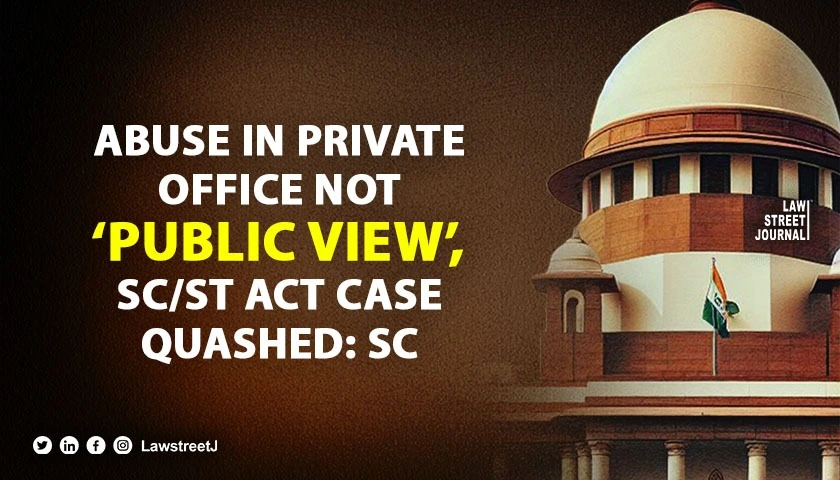





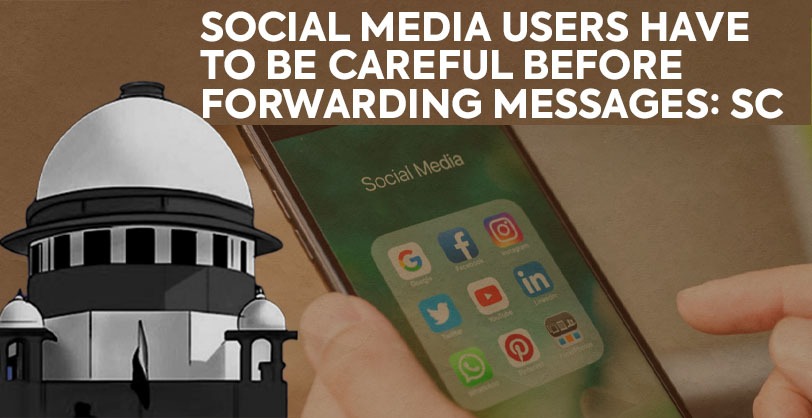
![Madras High Court Directs Tamil Nadu Government to Ensure Quota for Transgenders in Local Body Elections [Read Order]](/secure/uploads/2023/08/lj_2507_7a03d113-08b1-4670-b6fb-9058aee481d0.jpg)
